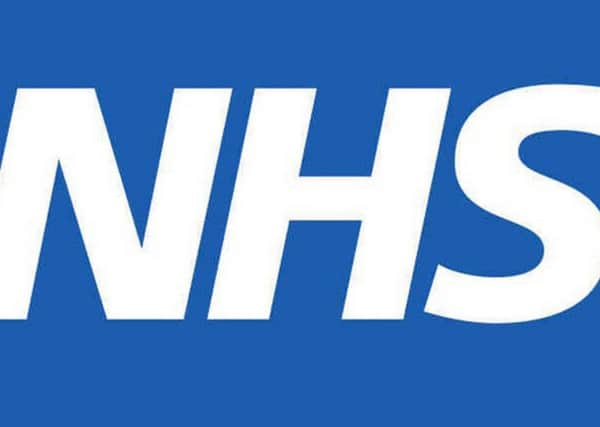NHS workers plan second walk out on Monday


This will be followed by six days of further action when NHS staff will work to rule and refuse to do any unpaid overtime.
Radiographers will also walk out on Monday but they will strike from 8am to midday.
Advertisement
Hide AdAdvertisement
Hide AdA total of 68 per cent of NHS workers in Unison voted yes for industrial action and 88 per cent supported measures short of strike action.
Unison and other union members, including nurses, midwives, paramedics, therapists, costs, cleaners, healthcare assistants and administrative staff are among those walking out.
A recent Income Data Services survey for NHS trade unions revealed that increased workload, low pay, constant restructures and the stresses of the job are among the reasons why two thirds of NHS workers have considered quitting.
Unison head of health Tony Jones said: “For many in the NHS, last month’s strike was a first. The next industrial action will be bigger as more unions will be joining it. Jeremy Hunt needs to listen to NHS workers who feel this government is treating them with contempt.
Advertisement
Hide AdAdvertisement
Hide Ad“NHS workers are overworked and underpaid. Most patients would be shocked to know that one in five of the NHS workers who care for them need to do a second job just to survive and many have to borrow money every month to make ends meet or resort to foodbanks.”
The IDS survey of nearly 30,000 union members working in the NHS, including cleaners, radiographers, nurses and senior managers, revealed how workers are feeling the strain as more than a third of respondents work unpaid overtime.
This was confirmed by four in five of the managers during in-depth interviews. Around half of managers feel unpaid overtime is causing problems with morale, motivation, fatigue and ‘burning out’.
The research also shows a growing number - 62 per cent -have to rely on extra earnings compared to 54 per cent in 2012.
Advertisement
Hide AdAdvertisement
Hide AdMr Jones said: “Low morale is endemic. And this is echoed by a King’s Fund report which shows staff morale is now one of NHS finance directors’ top three concerns. Twice as many from the previous quarter.”
NHS workers took strike action over pay for the first time in 32 years on Monday, October 13. This was followed by a week of action short of strike action when members took their meal and rest breaks.
A spokesman for West Herts Hospitals NHS Trust said: “This is a national dispute and is in relation to the government’s proposals on NHS pay. As you would expect, our overriding priority is to ensure that our services continue to run safely and that the strikes do not compromise the care we provide to our patients and their families. As such, we have been working closely with our unions to understand the impact the strikes might have on our hospitals.
“We have developed robust plans for the strike and anticipate that it will be business as usual across our hospitals, i.e. we are not planning to cancel appointments or operations. As such, patients are asked to attend their appointments as normal.
“If we need to cancel appointments, then patients will be contacted directly.”
Any updates will be posted on the trust’s website at www.westhertshospitals.nhs.uk